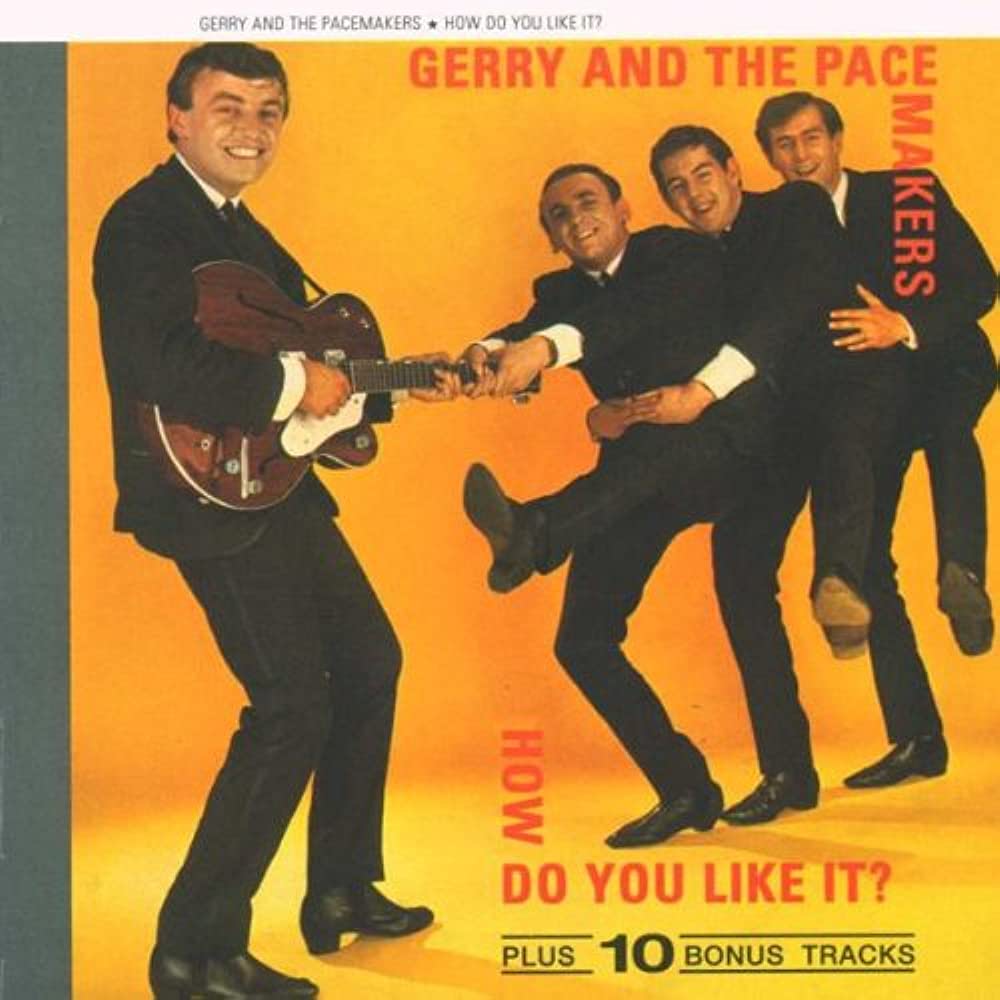In 1909, Hungarian playwright Ferenc Molnár released his play Liliom.
The title character is a fairground worker who tries to provide for his unborn child by orchestrating a robbery. The robbery goes wrong and Liliom ends up dead. After spending some time in purgatory, he’s allowed to return to earth for one day to visit his now-teenaged daughter and perform a good deed for her. Success wins him entrance to heaven; failure means an eternity in hell. I won’t spoil it for you, but let’s just say it’s not a Disney ending.
The play didn’t do particularly well upon its release, but Molnár kept at it, mounting productions across Europe and the US, where it gained a bit of traction in the early 1920s. Puccini expressed interest in turning the play into an opera, but Molnár turned him down because he wanted the story to be remembered as his play, not a Pucinni opera.
A century later, it’s remembered primarily not as his play, but as the musical Carousel by Rogers and Hammerstein.
“You’ll Never Walk Alone” was the show-stopping number in Carousel, and it has seen many iterations over the years – Elvis, Aretha, Sinatra, Marcus Mumford – but this version is pretty much the version.
Gerry and the Pacemakers came out of the Liverpool scene at the same time as The Beatles, and were at one point just as popular. Gerry Marsden had seen Carousel as a child and had always liked the song. Upon its release it almost immediately became the anthem for Liverpool FC, a role it continues to play to this day.
What makes this a beautiful song:
1. As a sports anthem, part of the reason it works is that it can be sung in victory or in defeat. Try singing Queen’s “We Are the Champions” after your team’s just been eliminated from the playoffs and you’ll feel like a tool. That one only works if you’re fresh off a big win. But “You’ll Never Walk Alone,” with its references to storms and sun and hope in your heart, can motivate winners and losers alike.
2. The unexpected shift from major to minor in the verse (for example, at 0:27) is the musical reflection of the win-or-lose functionality of the lyrics.
3. The sentiment is…well, sentimental. But still good. In a lot of ways this song reminds me of “Unchained Melody,” which I cannot stand for its cheesiness. But somehow the cheese provided by this song doesn’t bother me. I think I agree with John Green’s insightful commentary on this song in his book The Anthropocene Reviewed: “The song doesn’t claim the world is a just or happy place. It just asks us to walk on with hope in our hearts.”
Recommended listening activity:
Walking in the rain without an umbrella.
